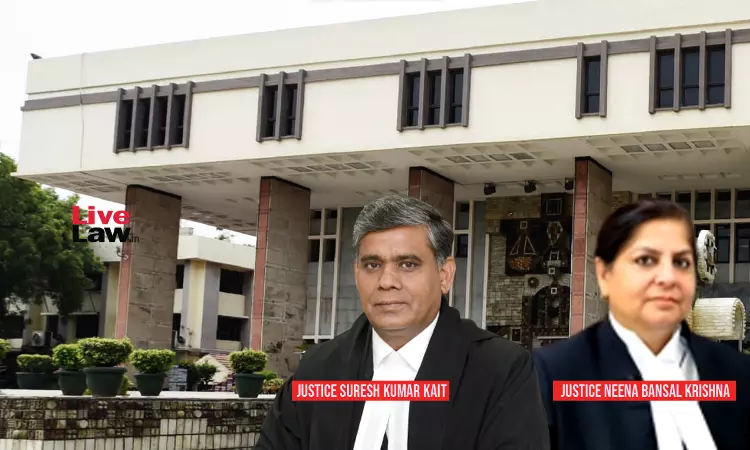Husband Has No Right To Torture Wife And Beat Her Merely Because They Are Married: Delhi High Court
Nupur Thapliyal
28 Aug 2023 6:14 PM IST

Next Story
28 Aug 2023 6:14 PM IST
While dissolving a decade old marriage of a couple, the Delhi High Court has observed that no law has given husband the right to subject his wife to beatings and torture merely because they got married. “Merely because the parties got married and the respondent was her husband, no law gave him the right to subject his wife to beatings and torture,” a division bench of Justice Suresh...
